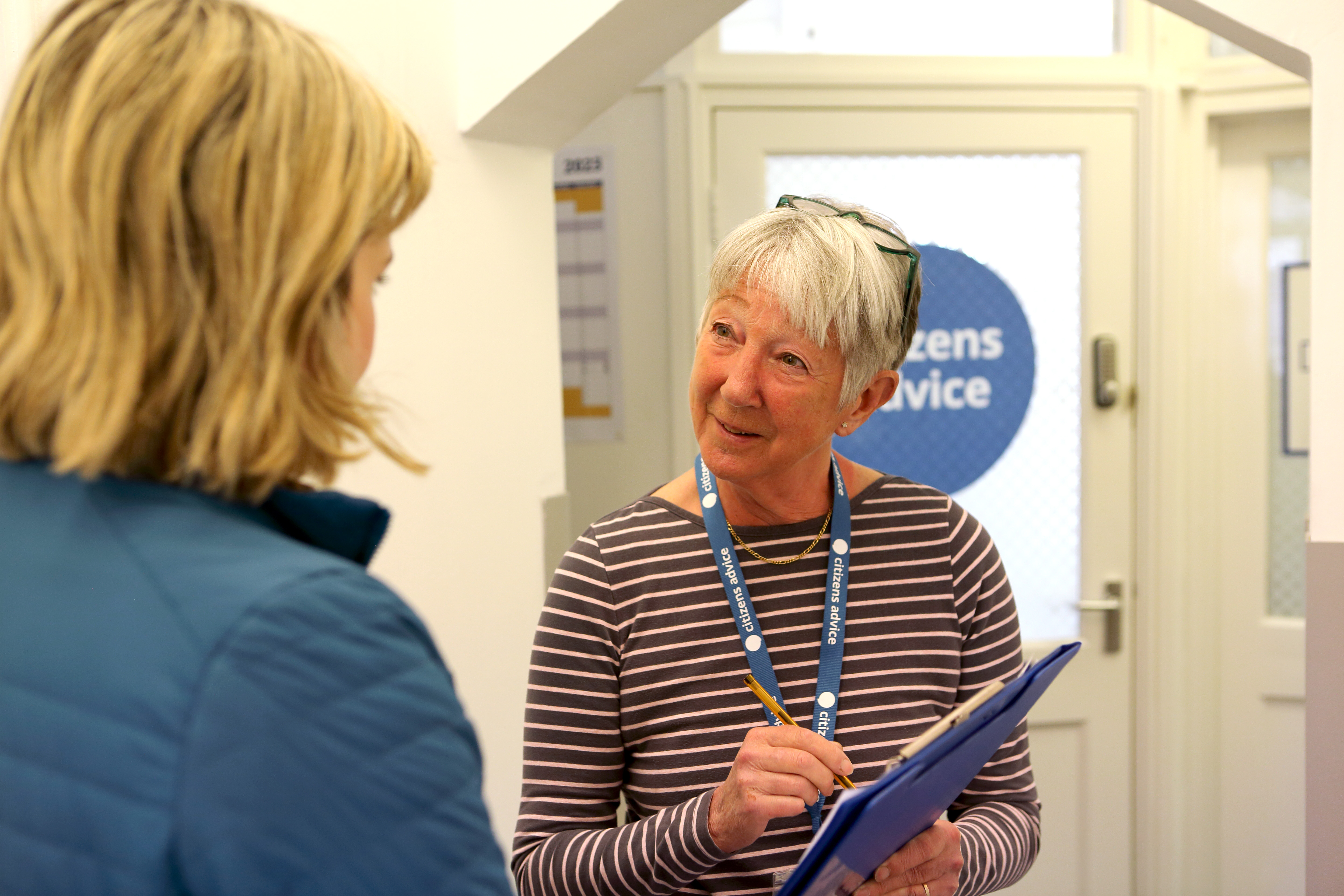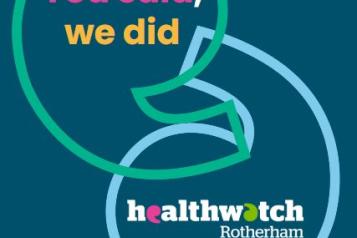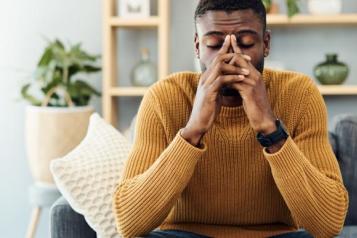Looking after your health in the winter months during the cost of living crisis
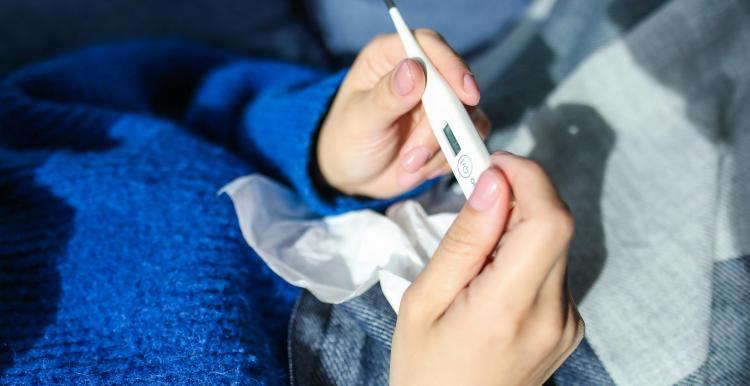
The continuing cost of living crisis is negatively affecting people's physical and mental wellbeing, with vulnerable people and those on lower incomes hit the hardest. Changes in winter fuel payments mean that even more people will struggle to keep warm and eat well this year, putting them at increased risk of health problems.
The continuing cost of living crisis is negatively affecting people's physical and mental wellbeing, with vulnerable people and those on lower incomes hit the hardest. Changes in winter fuel payments mean that even more people will struggle to keep warm and eat well this year, putting them at increased risk of health problems.
As the cost of living crisis challenges our basic human needs, rising costs mean many of us are having to adapt our spending to keep on top of expenses.
As the weather turns colder, balancing budgets between essentials such as food or heating, means looking after your health becomes even harder. However, prioritising your health is especially important as the temperature drops.
Being cold can raise the risk of higher blood pressure, heart attacks and strokes. The cold, damp weather can aggravate existing health problems, as can living in cold, damp housing, making you more vulnerable to respiratory winter illnesses.
But there are things you can do to stay well and help that you can get if you find you are struggling.
Keep warm
Keeping warm may feel impossible if you are struggling to afford heating but there are things you can do at home to help keep warm whilst keeping costs down:
- Keep warm during the day by wrapping up in lots of layers of thin clothes. Keep doors closed to block draughts. Try to heat only the rooms you regularly use to at least 18°C and turn heating down or off in other rooms.
- Wrap up at night. Wear layers to bed, including socks. Use a hot water bottle or an electric blanket. (Don't use a hot water bottle and electric blanket together.) Keep your windows closed at night.
When the colder months arrive, there are public places you can go to keep warm during the day. These are called warm hubs. Set up to support people struggling with rising costs and loneliness, hubs offer warm food, snacks or hot drinks to visitors.
They provide a space for people to come together and interact with others. Some may offer other facilities like hot showers, Wi-Fi, access to financial advice and activities to pass the time. There are lots of public places providing this service in Rotherham and you can find your nearest warm hub through the Warm Welcome Spaces website.

Medication
It is important to take your medication and make sure you have the right medicines at home in case you get poorly.
Many people take medication to stay healthy and manage existing health conditions. With the recent increase in prescription charges, rationing medicines to save money may seem like a good idea, but it can lead to health complications in the long run.
You might be eligible for support with your prescription with a Prescription Prepayment Certificate. Prescriptions are also free for some people. You can find out if you can receive free prescriptions by completing this online Government survey.
Make sure you get the vaccines and boosters you are entitled to. Protect yourself and others by getting your flu vaccination, RSV vaccination and if you are a at-risk group your COVID-19 booster.
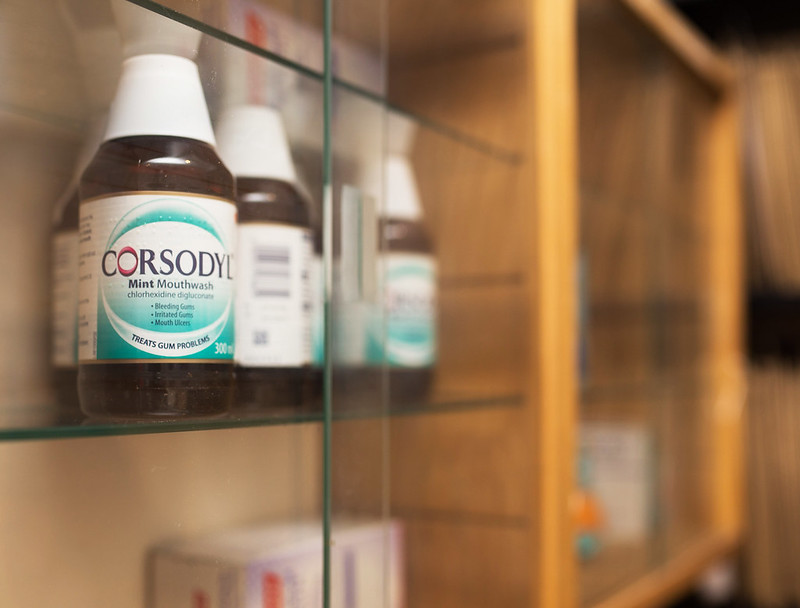
Look after your physical wellbeing
There are things you can do to help keep you physically well as the temperature drops.
- Eat well. Make sure you eat a balanced diet with lots of seasonal fruit and vegetables. And try to eat at least one hot meal a day.
- Stay hydrated. Regular meals and hot drinks can help you keep warm.
- Keep moving. Move around indoors and try to get outside for a walk. Avoid sitting for more than one hour.
- Stop the spread of germs. Protect yourself and others by washing your hands with warm, soapy water, covering your mouth when you cough or sneeze.
If you are struggling with the cost of food, there is help available in Rotherham. Many people buy less food because of financial pressures, which can significantly impact physical and mental health. If you're struggling to feed yourself or your family, there is no shame in asking for help.
There are a number of food banks and social supermarkets in Rotherham that can provide eligible residents with crisis food parcels or discounted weekly shopping via a membership scheme. Citizens Advice Rotherham can help with referring you to these services.
It is also important to keep your healthcare appointments. Make sure you attend any pre-arranged or regular appointments with your GP, dentist, optician or hospital. If you're worried about the increase in transport fares, check out what support is available when travelling to your GP, hospital or other NHS services here.
Look after your mental health
The winter months can take a toll on our mental wellbeing, so make sure you're looking after your mental health, just as you do your physical health.
It is important if you are feeling down to speak to someone – a friend, family member, or a healthcare professional like your doctor. We have a mental health directory on our website full of helpful links for mental health support locally and nationally.
Rotherhive is also a good source of practical mental health and wellbeing information, support and advice for adults living in Rotherham. They have information specifically on the cost of living and financial troubles and your mental health.
If you get ill
If you have a chronic condition, a new illness causing concern or feel under the weather, seek the appropriate professional healthcare support.
- If you need medical help right now, call 111 or use NHS 111 online.
- If it is a real emergency and life-threatening, then call 999.
- If it's less urgent, contact your doctor or pharmacist. Find out how your pharmacy can support you.
Check you are getting all the benefits and grants you are entitled to
Sometimes it’s difficult to know what help you may be entitled to and you may find the range of different benefits and grants confusing.
Getting all the support you're entitled to can make a huge difference to living well over the winter months. Citizens Advice Rotherham is a great place to start if you want help to know what benefits you could claim.
Rotherham council also has a Money Matters page on their website that has lots of information and advice on help that you can get for support with household bills, housing support and insulation, food and wellbeing amongst other topics.
Additionally, Rotherham council have launched their Energy Crisis Support Scheme again this year and are helping eligible Rotherham residents with their heating bills.
As well as the Energy Crisis Support Scheme, Rotherham Council is working alongside Citizens Advice Rotherham and Age UK Rotherham to support more people to apply for Pension Credit payments, which also entitles eligible residents for Winter Fuel Allowance payments.
Winter Fuel Payments are an annual one-off payment to help you pay for heating during the winter. You’ll get the payment if you or your partner get one of these benefits:
- Pension Credit
- Universal Credit
- income-related Employment and Support Allowance (ESA)
- income-based Jobseeker’s Allowance (JSA)
- Income Support
- Child Tax Credit
- Working Tax Credit
You’ll get £200 if you’re aged under 80 or £300 if you’re over 80 years old.
If you’re eligible for a Winter Fuel Payment, you’ll get a letter in October or November each year saying how much you’ll get. You’ll usually be paid automatically in November or December.
If you don’t get a letter by early December and you think you're eligible for a Winter Fuel Payment, you can make a claim. You must make your claim before 31 March 2025. Check how to make a claim for a Winter Fuel Payment on GOV.UK.
RotherFed runs a number of Open Arms Community Support Hubs that bring together services such as Citizens Advice, Laser Credit Union and Voluntary Action Rotherham to provide help to communities most affected by the cost of living crisis. Each hub has a drop in session once every fortnight, 9:30am to 3:30pm.
